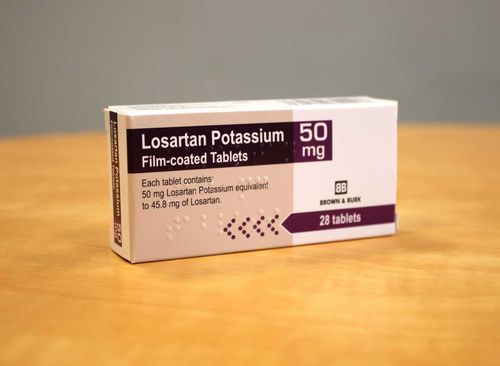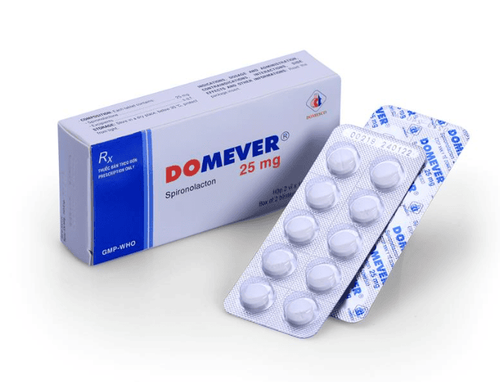This is an automatically translated article.
Indications for albumin infusion in nephrotic syndrome is a fairly common treatment. Therefore, what effect does albumin infusion have on nephrotic syndrome is a question of interest to many patients.1. The role of albumin in the body
Albumin is one of the most important proteins in the body. Albumin is located in the serum, whose main function is to maintain oncotic pressure, helping water to be retained in the blood vessel lumen. In addition, albumin also participates in binding and transporting a few other active substances in the blood, supporting disease-modifying drugs to work and the whole organ to function normally and be healthy.2. How is albumin related to nephrotic syndrome?
Normally, albumin is larger than the glomerular membrane pores and both carry a negative charge. Therefore, not only can albumin not be able to escape this way, but it is also pushed away. However, when suffering from nephrotic syndrome, it means that the kidneys are gradually weakened and destroyed, no longer functioning properly. At this time, the holes in the kidney filter membrane are enlarged, the negative charge is also lost, and this is the reason why albumin can easily escape through the urine.Patients with nephrotic syndrome will urinate protein, in other words albumin in the urine. The amount of protein lost too quickly makes the body not able to produce more new protein to respond, leading to a decrease in protein in the blood. When albumin is lost, the colloidal osmotic pressure no longer causes water to spill out of the blood vessel lumen. Effusion occurs in many areas of the body, such as around the eyes, face, lower extremities, or scrotum. The most obvious manifestation of this negative process is generalized edema.

Albumin có trong nước tiểu là dấu hiệu của hội chứng thận hư.
3. What is the effect of albumin infusion?
Although some other proteins are also excreted in the urine of patients with nephrotic syndrome, most of the protein lost is albumin. In case the patient's edema symptoms are too severe, they need to be hospitalized and carry out albumin infusion as prescribed by the doctor.The medical staff will use a small plastic tube to thread into the patient's vein. The albumin is then slowly infused into the bloodstream through the newly created line. The most obvious effect of this method of infusion is to restore the amount of albumin lost through the urine, to overcome the symptoms of proteinuria in people with nephrotic syndrome, which is specifically to reduce edema.
However, before prescribing albumin infusion in nephrotic syndrome, the doctor will ask the patient to perform blood and urine tests to accurately diagnose the current condition. Cases where albumin should be administered to treat edema include:
Test results show that there is less than 10g of albumin per 1 liter of blood There is hypovolemia due to kidney failure Patient is resistant to diuretics to treat edema Children Congenital nephrotic syndrome (requiring frequent albumin infusion) Possible complications after albumin infusion to treat edema are fluid overload, risk of heart failure or acute pulmonary edema.
4. Some Notes
In addition to the indications for albumin infusion in nephrotic syndrome, depending on the condition, the doctor will apply a number of other methods such as:Ask the patient to add protein in the diet, about 300 grams of lean meat a day. steroids (prednisone, prednisolone) Diuretics to treat edema

Bệnh nhân có thể ăn thực phẩm giàu protein để bổ sung đạm bị hao hụt
Nephrotic syndrome is a rather complicated disease. In addition, the indications for albumin infusion in nephrotic syndrome also require careful examination and examination by doctors. When conducting albumin infusion to treat edema, patients need to be closely monitored by medical staff to avoid serious complications and have timely risk management, if any.
Please dial HOTLINE for more information or register for an appointment HERE. Download MyVinmec app to make appointments faster and to manage your bookings easily.













